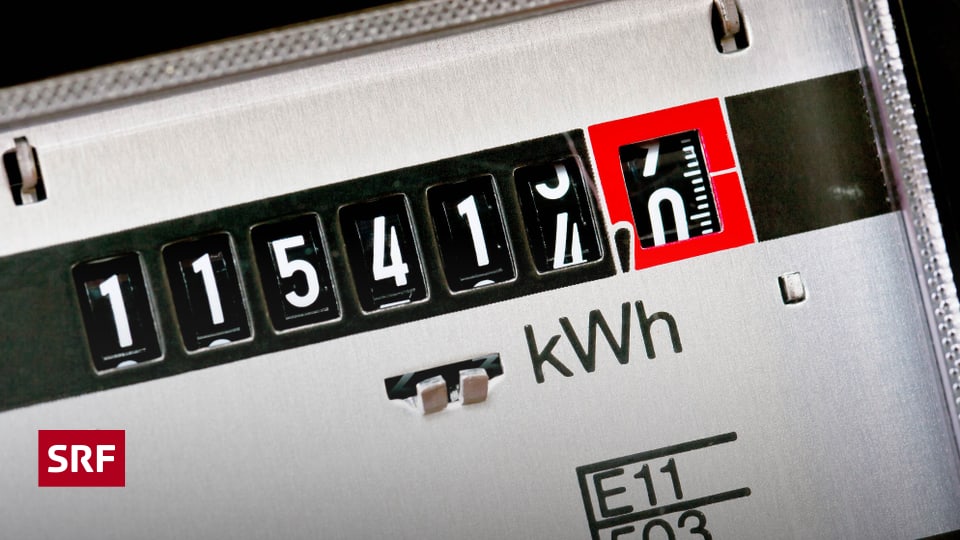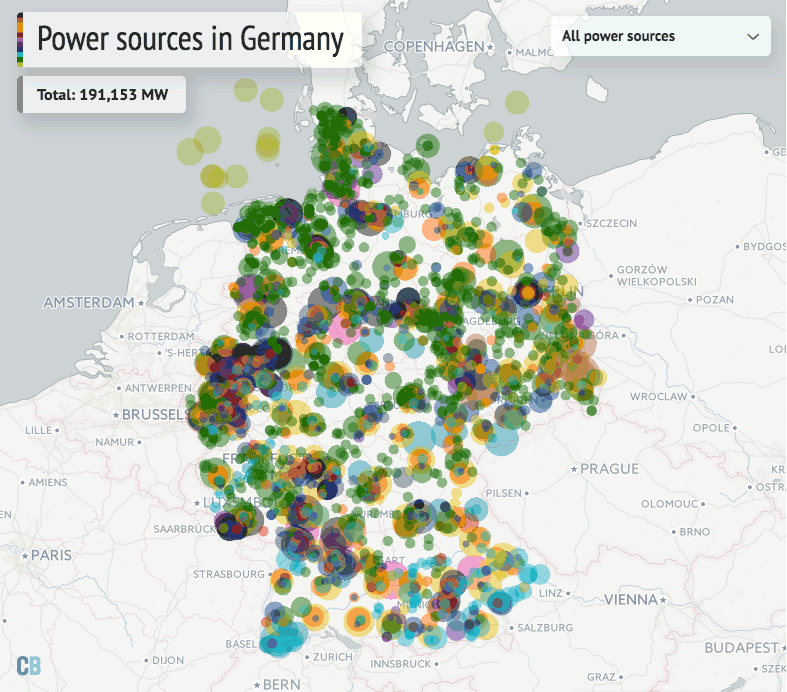What does strom mean in german – What does “Strom” mean in German? This seemingly simple word holds a depth of meaning that extends beyond a direct translation. “Strom” is a multifaceted term that encompasses both the tangible force of electricity and the intangible concept of flow. It weaves its way through everyday German phrases and sentences, reflecting the country’s cultural and linguistic landscape.
The literal meaning of “Strom” is “current” or “flow,” and it is often used to describe the movement of liquids, gases, or even electricity. In the context of electricity, “Strom” is synonymous with “electricity” itself, powering homes and businesses across Germany. The word also extends to other contexts, such as describing the flow of water in a river or the movement of air in a breeze.
Understanding “Strom” in German
You’ve probably heard the word “Strom” in German, but what does it really mean? It’s not just about electricity, although that’s a common usage. Let’s delve into the fascinating world of “Strom” and its various meanings.
Literal Meaning of “Strom”
The literal meaning of “Strom” is “current” or “flow.” It refers to the movement of something, whether it’s water, air, or even electricity. Think of a river flowing, a strong wind blowing, or the electricity coursing through a wire.
“Strom” in Different Contexts
“Strom” is a versatile word with several meanings, depending on the context. Here’s a breakdown:
Electricity
The most common meaning of “Strom” is electricity. It’s used to refer to the flow of electrical energy, similar to how we use the word “current” in English.
- “Ich muss den Strom abstellen.” (I have to turn off the electricity.)
- “Der Strom ist ausgefallen.” (The electricity has gone out.)
- “Der Strompreis ist gestiegen.” (The electricity price has increased.)
Flow
“Strom” can also refer to the flow of liquids, like water, or gases, like air.
- “Der Strom des Flusses ist schnell.” (The current of the river is fast.)
- “Der Luftstrom ist stark.” (The air current is strong.)
- “Der Blutstrom ist wichtig für den Körper.” (The blood flow is essential for the body.)
Current
“Strom” can also be used to refer to a current of something, like a current of thought or opinion.
- “Es gibt einen starken Strom von Kritik.” (There is a strong current of criticism.)
- “Der Strom der Zeit ist unaufhaltsam.” (The current of time is unstoppable.)
- “Der Strom der Geschichte ist voller Überraschungen.” (The current of history is full of surprises.)
“Strom” as Electricity

In German, “Strom” signifies electricity, the flow of electric charge. It’s a fundamental concept in modern life, powering our homes, businesses, and transportation.
Generating Electricity
Electricity is generated using various methods, with the most common being power plants. These plants convert energy sources like fossil fuels, nuclear power, or renewable resources into electricity. Here’s a breakdown of the process:
- Fossil Fuel Power Plants: Burning coal, oil, or natural gas produces heat, which converts water into steam. The steam drives turbines connected to generators, creating electricity.
- Nuclear Power Plants: Nuclear fission, the splitting of atoms, releases heat, producing steam to drive turbines and generators.
- Renewable Energy Sources: Hydroelectric dams use the force of flowing water to turn turbines. Solar panels convert sunlight into electricity. Wind turbines harness the kinetic energy of wind to generate power.
Transmitting Electricity
Once generated, electricity needs to be transmitted to where it’s needed. This involves:
- High-Voltage Transmission Lines: Power plants transmit electricity over long distances using high-voltage lines, minimizing energy loss.
- Transformers: Transformers step down the voltage to a lower level suitable for distribution within cities and towns.
- Distribution Networks: Local power companies distribute electricity through a network of cables and transformers, delivering it to homes and businesses.
Consuming Electricity
Electricity is consumed by various devices and appliances. Here are some examples:
- Lighting: Light bulbs, LEDs, and fluorescent lights convert electricity into light.
- Heating and Cooling: Electric heaters, air conditioners, and refrigerators use electricity to regulate temperature.
- Appliances: Washing machines, dryers, ovens, microwaves, and televisions all consume electricity to function.
- Computers and Electronics: Laptops, smartphones, tablets, and other electronic devices rely on electricity to operate.
Common German Terms Related to Electricity, What does strom mean in german
- Stromnetz: This refers to the electricity grid, the network of power lines and equipment that transmits and distributes electricity.
- Stromrechnung: This is the electricity bill, a document that details the amount of electricity consumed and the cost.
- Stromzähler: This is the electricity meter, a device that measures the amount of electricity used.
- Stromsparen: This means “saving electricity,” a crucial aspect of energy conservation.
“Strom” as Flow

While “Strom” is most commonly associated with electricity, it also holds a significant meaning related to the concept of flow, particularly when referring to liquids and gases. In this context, “Strom” represents the continuous movement of a substance in a specific direction.
Water Flow
The most straightforward example of “Strom” as flow is in the context of water. Think of a river. The water is constantly moving, flowing from its source to its destination. This movement of water is referred to as “Wasserstrom” in German, literally translating to “water flow.”
Air Flow
The flow of air, often called “Luftstrom,” is another important example of “Strom.” Wind is a perfect illustration of this. It is the movement of air from areas of high pressure to areas of low pressure. “Luftstrom” can also be used to describe the flow of air in ventilation systems or in the context of aviation.
Flow in Other Contexts
“Strom” can be applied to the flow of other substances as well. For example, “Verkehrsstrom” refers to the flow of traffic, while “Datenstrom” describes the flow of data in a computer network.
“Strom” in German Culture
The word “Strom” in German, while primarily referring to electricity, holds a deeper cultural significance that extends beyond its literal meaning. It’s woven into the fabric of German language and society, reflecting a nuanced understanding of energy, flow, and the forces that shape the world.
“Strom” in German Idioms and Sayings
“Strom” finds its way into various German idioms and sayings, often expressing the concepts of continuous movement, unstoppable force, or overwhelming influence. These expressions showcase the word’s versatility and how it has become ingrained in the German language’s expressive power.
- “Den Strom der Zeit nicht aufhalten” (To not stop the current of time): This idiom highlights the inevitable flow of time, emphasizing its unstoppable nature and the futility of resisting it.
- “Im Strom der Ereignisse treiben” (To be swept along by the current of events): This idiom describes being caught up in the rapid pace of life, emphasizing the feeling of being carried away by external forces.
- “Der Strom der Geschichte” (The current of history): This expression refers to the continuous flow of historical events, suggesting that history is a dynamic and evolving process.
“Strom” in Comparison to Other Languages: What Does Strom Mean In German

“Strom” in German is a versatile word with multiple meanings, making it a fascinating case study in linguistic comparison. Understanding how “Strom” relates to similar words in other languages sheds light on its evolution and cultural significance.
Etymological Connections
The German word “Strom” has its roots in the Proto-Germanic word “*stramaz,” meaning “flow, current.” This word is ultimately connected to the Proto-Indo-European root “*strem,” which has the same basic meaning of “flow, current.” This shared ancestry reveals a deep connection between “Strom” and words in other Indo-European languages that express the concept of flowing movement.
Comparative Analysis of “Strom”
The concept of “flow” is a universal one, and many languages have words that reflect this. Here’s a comparison of “Strom” with similar words in other languages:
- English: “Stream” is a direct cognate of “Strom,” sharing the same Proto-Germanic root. Both words can refer to a flowing body of water or a continuous flow of something else, like information or data.
- French: “Courant” is the French word for “current,” which can refer to both electrical current and a flowing body of water.
- Spanish: “Corriente” shares a similar meaning with “Courant” in French, signifying both electrical current and a flowing body of water.
- Russian: “Ток” (tok) is the Russian word for “current,” specifically referring to electrical current.
Cultural Differences in Usage
While the basic meaning of “flow” is shared across languages, cultural differences can influence how these words are used and understood. For instance, “Strom” in German is more commonly associated with electricity than “Stream” in English. This reflects the historical development of electrical technology in Germany, where “Strom” became the dominant term for electricity. In contrast, “Stream” in English is more likely to evoke images of flowing water or a continuous flow of data.
The word “Strom” is a testament to the interconnectedness of language and culture. It encapsulates the essence of flow, energy, and movement, reflecting the dynamism of the German language and its ability to convey complex concepts with a single, evocative word. Whether it’s powering a city or describing the movement of a river, “Strom” holds a powerful presence in the German lexicon, highlighting the diverse and fascinating nature of language.
Commonly Asked Questions
Is “Strom” related to the English word “stream”?
Yes, both words share a common etymological root, stemming from the Proto-Indo-European word “strew,” meaning “to flow.”
What is the difference between “Strom” and “Elektrizität” in German?
“Strom” is a more general term for electricity, while “Elektrizität” is a more scientific and technical term. “Strom” is used in everyday language, while “Elektrizität” is more likely to be used in technical contexts.
Are there any common idioms or sayings in German that use “Strom”?
Yes, one common idiom is “den Strom der Zeit reiten,” which means “to ride the wave of time” or “to go with the flow.”




